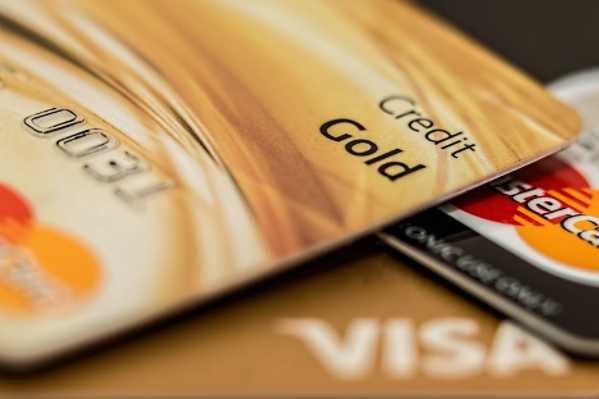By Lina Martinez
Most of us do our best to watch what we’re spending. The trouble with online or credit card shopping is that it is so easy to lose track. And despite the internet becoming so accessible, we still don’t compare or check prices when we buy. Our fast-paced lives mean purchase decisions are hurried for the sake of convenience or are based on celebrity crazes that we see regularly. That might be causing us to spend thousands of dollars unnecessarily every year.Most of us do our best to watch what we’re spending. The trouble with online or credit card shopping is that it is so easy to lose track. And despite the internet becoming so accessible, we still don’t compare or check prices when we buy. Our fast-paced lives mean purchase decisions are hurried for the sake of convenience. That might be causing us to spend thousands of dollars unnecessarily every year.
Is it possible to curb that excess spend and use the leftover cash each year to invest? Investments are designed to grow the money we put into them. But even here it is important to check the small print so you can minimize the risk and maximize the payback. There is usually a minimum amount that you must put in and a long-term of investment too. How can you find that cash up front and do without it over the term of your investment?
The first thing to do when you want to turn your fortunes around is to analyse where your money goes each month. Receipts, bank accounts statements and credit card bills can help you here. The spend normally falls into these categories:
Housing - mortgage or rent plus property taxes and maintenance
Energy Bills and Utilities
Loans, credit cards, debt repayments
Telephone and Internet services
Food and Toiletries
Commuting and Vehicle Costs
Entertainment and Going Out, including TV subscriptions
Non-essential spend - clothing, coffees, snacks, alcohol, etc.
How many credit cards do you have and how many can you clear? Image credit
If you have more than one loan or debt repayment, consider the overall cost of this. If you’re not actively clearing the outstanding amount, you might pay considerably more in the long run. Consolidating everything into a single repayment that actually clears what you owe might be a better approach. You can find details from Debt Consolidation USA about how to do this. The information should help you to figure out if you are better off.
Use a budgeting template to help you figure out where to make cuts. This will give you the maximum amount you want to spend in each of the categories. The total figure when all is added up should be lower than your net income. If it isn’t, review the figures again. You might also choose to find additional sources of income. Now you have more than you spend, you can decide where to invest that leftover cash for the best return.
It’s worth considering a savings account for some of that money. This can cover you in case of any emergencies like breakdowns or damage to your home. You might even budget for this. As for the rest? The choice is yours. You might choose to try your hand at Forex trading, buying gold, looking at the stock exchange, or even property. Until you have your personal finances fully managed, some of these options might be too risky.
Of course, once you free up some of your income, you might choose to invest it in your continuing education, home upgrades, or even your health. If you choose to make money from your cash, always seek advice from specialist professionals.


